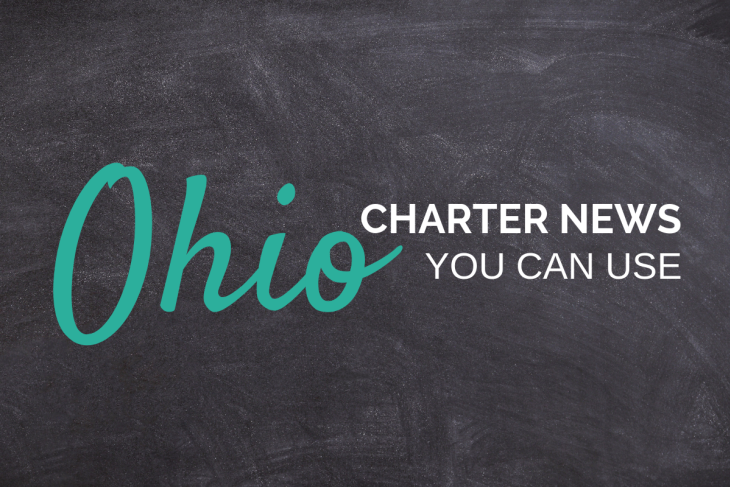Lawmakers discuss E-school funding
Ohio’s joint committee on e-school funding heard testimony from online school leaders and operators on how the state should fund its online charter schools. Legislators indicated they still have to answer some key questions before finalizing their recommendations for the budget, including whether funding should vary based on the type of school and the factors that should be tied to funding.
Ohio charters earn national recognition
Building Excellent Schools (BES), a national organization that trains high-capacity individuals to lead high-achieving, college-preparatory, urban charter schools, recently shared how their BES Fellows’ schools performed on state assessments. They found that close to two-thirds of schools outperformed their surrounding district averages on both English and math exams and overall, 48 schools outperformed their districts by 10 percentage points or more on ELA and math assessments. Some Ohio charters schools were recognized for their performance, including the United Schools Network and The Prep Schools.
National report on charter school proposals and approvals
The National Association of Charter School Authorizers (NACSA) has released a new report examining the kinds of charter schools that were proposed and approved in 19 states over the last five years. The report finds that “for-profit” charter proposals are on the decline. In addition, diverse-by-design, classical, and no-excuse schools were most likely to gain approval, while arts-focused, single-sex, and gifted schools were less successful in their efforts to open. According to the report’s authors, “The data reveals the significant impact authorizers have on shaping educational opportunities, as the schools getting approved do not reflect the full variety being proposed.” For more information, check out this piece from Chalkbeat.
Legislative update
The legislative session is heating up as more and more bills are being introduced. While there weren’t any key bill hearings this week, bills were introduced to prohibit the creation of new academic distress commissions, modify the composition and accountability of academic distress commissions, make changes to school immunization requirements, establish the Dyslexia Screening Program for schools, prevent the use of seclusion in public schools, and alter the funding framework for students using interdistrict open enrollment.
Trump administration proposes 2020 budget
The Trump administration recently released its Fiscal Year 2020 budget, which requests more funding for school choice programs and charter schools. The budget includes a request for $500 million for the charter school program (CSP) grant, an increase of $60 million from the current year. You can read more about the proposal in the 74 and the statement from the National Alliance for Public Charter Schools.



